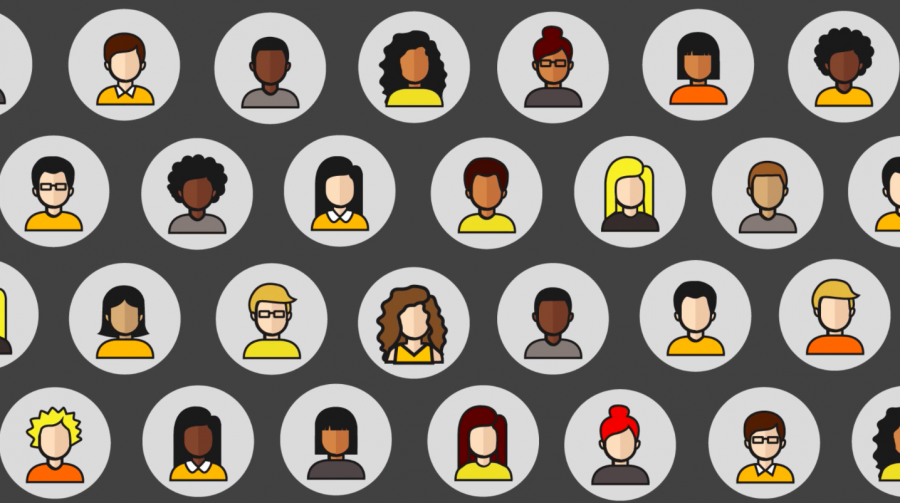NYU Wagner alumna Emily Graham wants to turn around low voter turnouts among millennials. She’s encouraging young people to vote through her new online platform MOTIVOTE, which uses incentives — such as free workout classes and gift cards — to bring people to the polls.
Graham created MOTIVOTE as a response to the low voter turnout she saw during the 2016 presidential election. “Everything was awful,” Graham said. “I knew I needed to do something, and I knew I needed to use all of the resources NYU had to offer to affect politics.”
So, in the wake of Donald Trump’s inauguration, she began brainstorming with two of her then-classmates, Rachel Konowitz and Jess Riegel. They noticed that following the inauguration, citizen activism and anger peaked, manifesting in protests like the Women’s March.
“We realized it would all be for naught if people didn’t actually show up to vote,” Graham said, referencing the low rates at which young people vote compared to the rest of the country. “It’s sort of tragic that we will live with policies enacted today the longest, but we have so little say in them.”
During their research of tactics for motivating individuals, the co-founders discovered that social pressure and financial incentives are proven to drive behavior.
In March of 2017, MOTIVOTE was born. The basics of the “gamified” platform are as follows: users create an account, join voting teams with their friends, commit to vote in the upcoming election, and — after they’ve confirmed they are registered to vote — complete tasks to receive rewards.
The tasks can be as easy as hosting a debate watch party to get more involved and learn about the candidates, and rewards for certain tasks range from a free SoulCycle class to a $200 credit on Ticketmaster.
“The tasks are simple and they continuously remind team members of the importance of their vote, while not adding an extra stress to their daily lives,” said Steinhardt junior Helen Scheetz, who is leading a team on MOTIVOTE.
MOTIVOTE wants to keep young people engaged and involved in the voting process — and so far, it’s working, at least for Scheetz.
“Being able to see where my team is at has motivated me to participate and to earn my points,” Scheetz said. “I have seen the excitement build up for Election Day so much more since the app has started.”
The purpose of the teams is to hold users accountable for voting. To ensure this, MOTIVOTE requires that users send a selfie — either with their “I Voted” sticker or with their absentee ballot envelope before mailing it — to their group.
The kicker: your team gets notified if you don’t vote.
Graham hopes this social pressure will increase young voter turnout and that the task-reward system will propel voters further into political involvement.
“We want to complete what comes after the, ‘I registered, now what?’ question,” Graham said. “We want to take you past that first step.”
So far, MOTIVOTE has roughly 1,000 users, but Graham would like to get to 10,000 before midterms. She and the rest of the team are working daily to get more users and the platform now acquires hundreds of new users every day, according to Graham. She thinks this is due to people finally tuning into the fast-approaching midterms.
Journalism graduate student Kathleen Knowles thinks MOTIVOTE is an interesting way to get people who claim to care about politics to actually make their votes count.
“So often people get caught up in the shock of elections, but then forget to follow through,” Knowles said. “This is a great way to hold people who really want to become involved accountable.”
The more users that sign up, the closer they come to their goal of making civic engagement social and habitual.
“Our goal for the future is that you’re voting in every election, calling representatives, volunteering and getting more deeply entrenched in your community,” Graham said.
Even with all of the excitement around the midterms this year, it is unclear just how many young people will actually vote. But Graham has hope that MOTIVOTE can help squash the complacency that plagues the young voter demographic.
Of their users who were able to vote in the June 2018 primary elections in New York, 87 percent actually did, according to their data from the platform’s pilot run.
“If you fall into the group-think that your one vote doesn’t matter, then it won’t,” said Graham. “But this is the beauty of MOTIVOTE: It’s not just you. It’s thousands of others voting for the first time. That’s where you make an impact.”
Email Aerin Reed at [email protected].






















































































































































